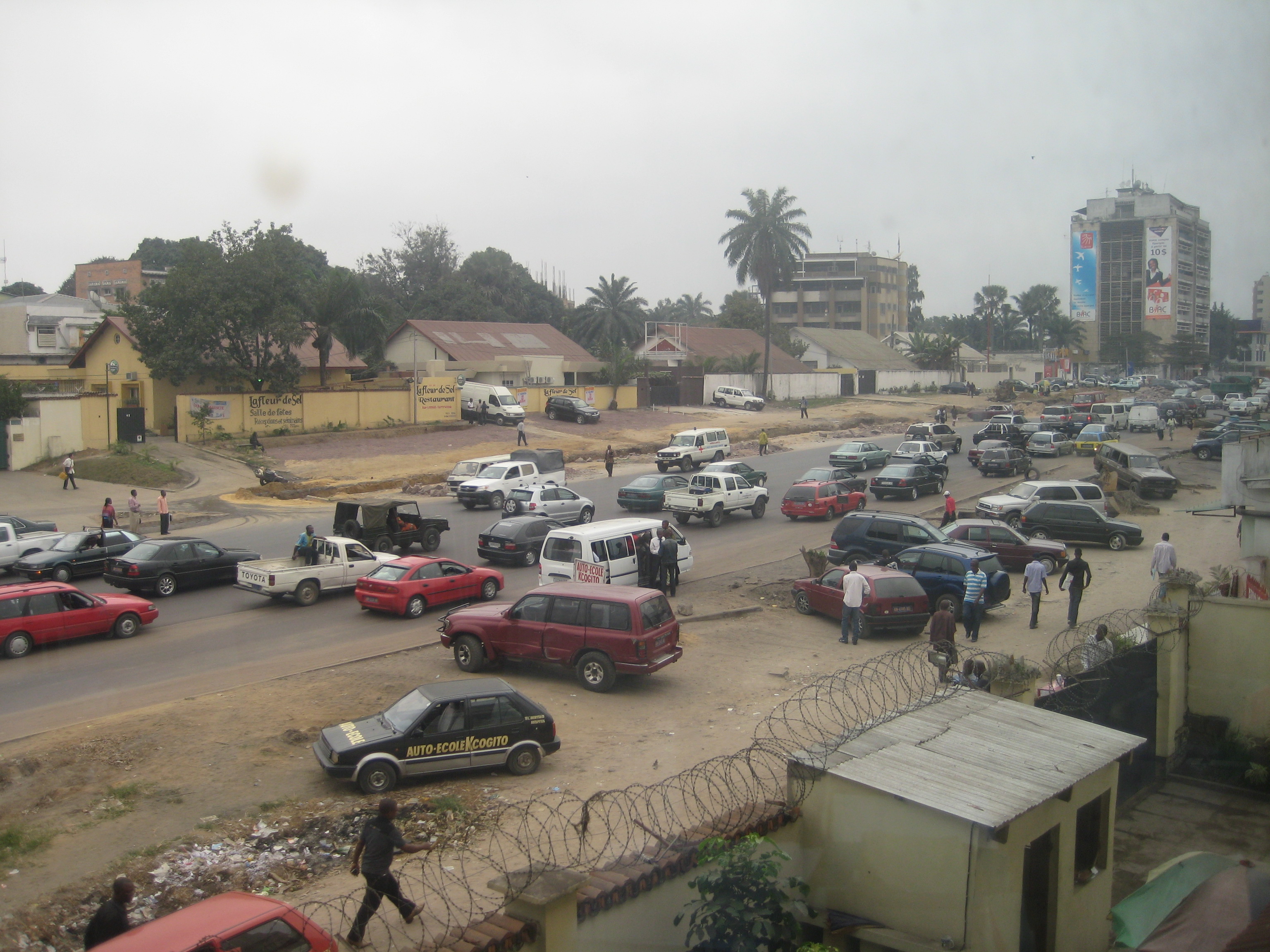The World’s Most Expensive Cities – Oslo, Moscow…Kinshasa?
July 20, 2009
By: John Soleanicov, KF8 DRC
Nope, that’s not a misprint, nor an exaggeration. You can find the source right here. Kinshasa comes in at number 6. The first time I tried to go grocery shopping, I thought I had the exchange rate wrong. $20 for a small piece of beef? That can’t be right. Well, it is.

Can this really be one of the most expensive cities in the world?
Home of the largest UN peacekeeping force in the world, the Democratic Republic of Congo has been flooded with foreign troops, aid workers and diplomats, many with generous per diems. This, combined with Congo’s poor infrastructure and lack of production capacity, has resulted in prices that match or exceed those in most developed countries. (Note: Luanda, Angola is ranked even higher, at number 1, for similar reasons.)
It is possible to purchase locally-produced items at more reasonable prices (and this how local Congolese are able to survive) but not in the center of the city, where expatriates live. Getting to areas where food is actually affordable is difficult and can be unsafe, especially after dark. The center, meanwhile, is dotted with expat-oriented grocery stores filled with imported goods at exorbitant prices.

- Shopping in Kinshasa – Products are assiged a code, which converts to a price based on this sheet. For example the Doritos bag here is a “60,” which is 4,756 Congolese Francs, more than $6!
This all came as quite a shock to me during my first days in Kinshasa, and I remember going through a mini-depression after realizing that, with my soon-to-be-grad student budget, I could not afford to buy the basic items I needed. This, I thought, must be what it is like to be poor. Seeing things you need to buy, for yourself or for your family, which you simply cannot afford. For the first time, I was able to identify, albeit on a very limited and fleeting basis, with being poor. It’s not a good feeling. To still meet my budget, I have been forced to adapt. And this, as far as I can tell, is what most Congolese do.
There are virtually no jobs in Congo. Outside the government, the aid community, telecoms and mining, there are very few opportunities for employment. The jobs that do exist (especially in the mining sector) are increasingly at risk due to the global downturn. Unemployment benefits? Forget about it. If you want to survive in Congo, you become an entrepreneur; it’s not a choice, it’s literally your only option.
I’ve lived in New York, Chicago, London, Mexico City and Cairo, but the hustle of Kinshasa puts all these cities to shame. On a typical day, everywhere you go, people are on the move, buying and selling, taking goods from one place, dropping them off somewhere else, loading impossible weights on their heads, jumping in and out of shared taxis and buses. But these individual activities remain tiny, and very few people seem able to escape subsistence living because they can’t access the necessary credit to expand.
Microfinance in the DRC is still in its nascent stages and even if you take all the MFIs in the country, they are only beginning to scratch the surface. It is challenging work but of the upmost importance for the livelihoods of millions of Congolese. There is much to be done.
To see DRC loans currently fundraising on Kiva, click here. If there aren’t any listed check back soon!
/>PREVIOUS ARTICLE
Surviving the Transportation Strike in Pucallpa, Peru →NEXT ARTICLE
From Sweets to Riches – The Business of Cookies →













